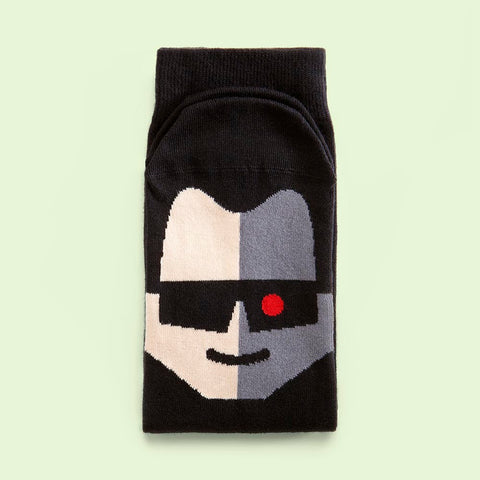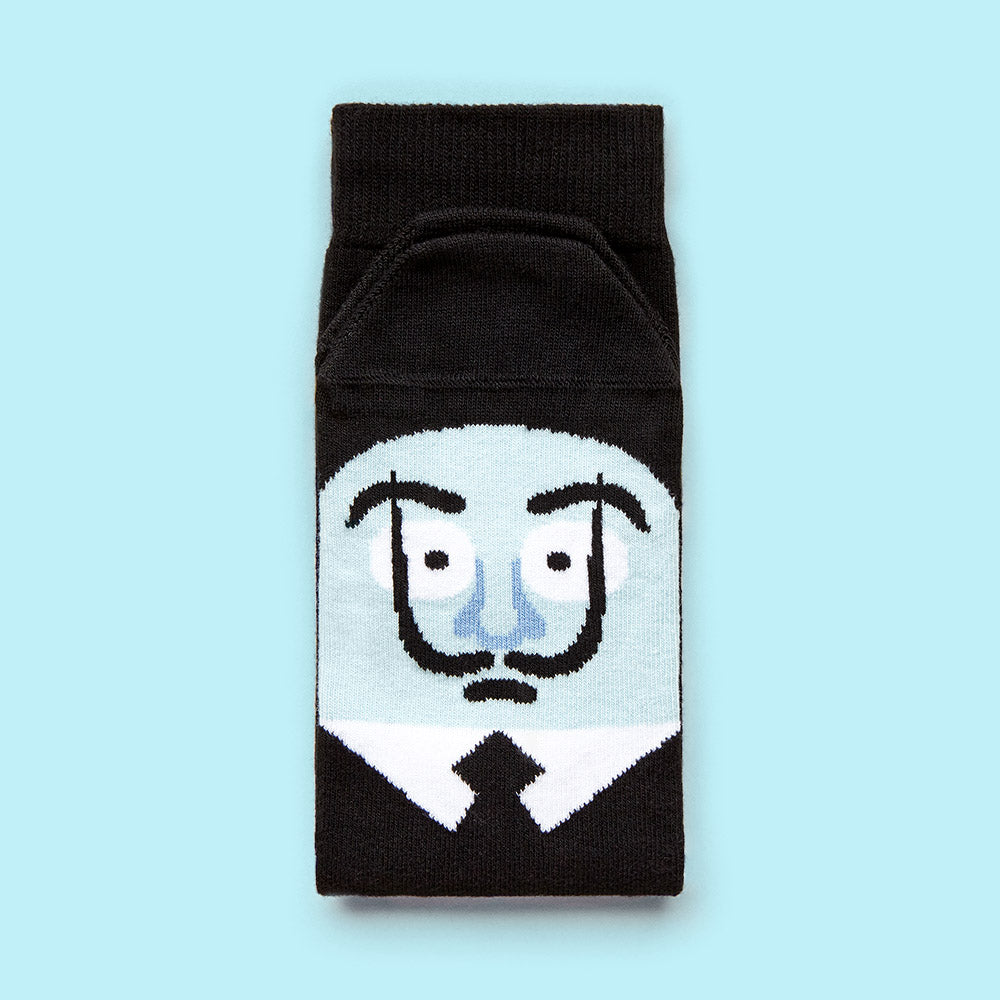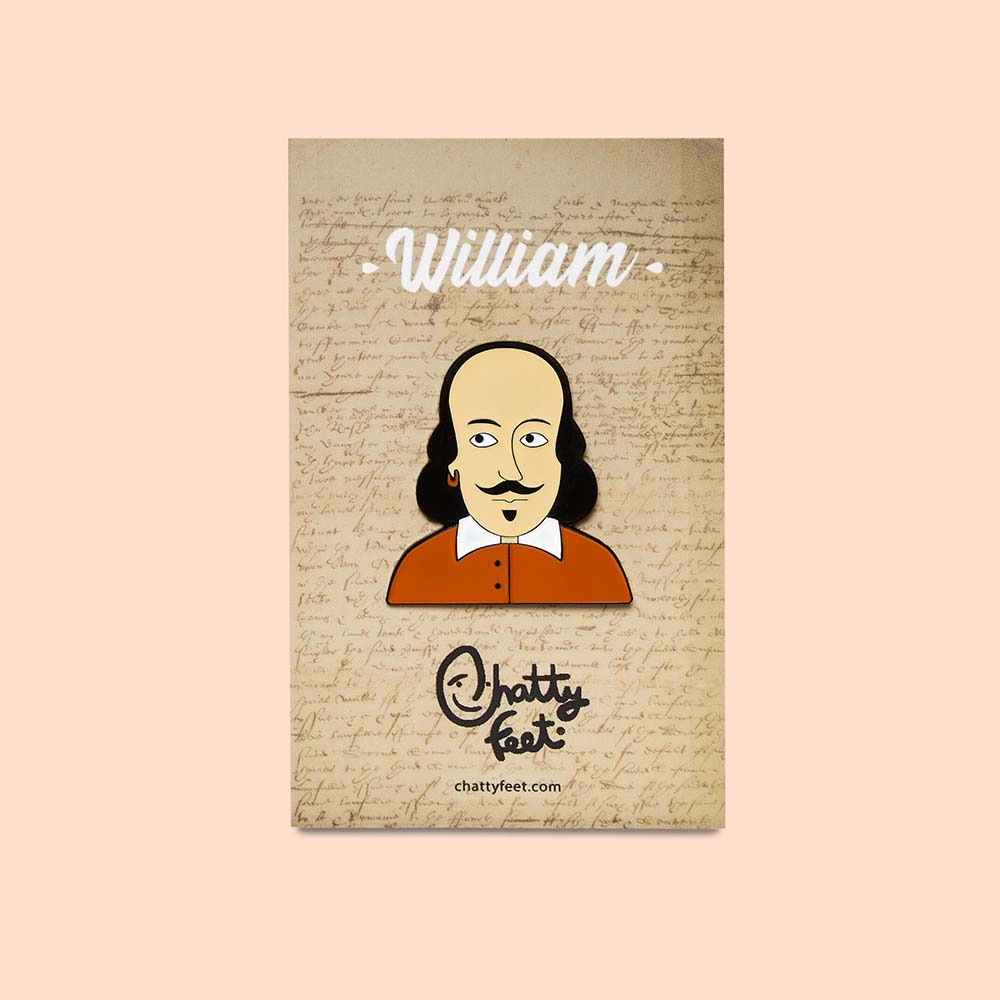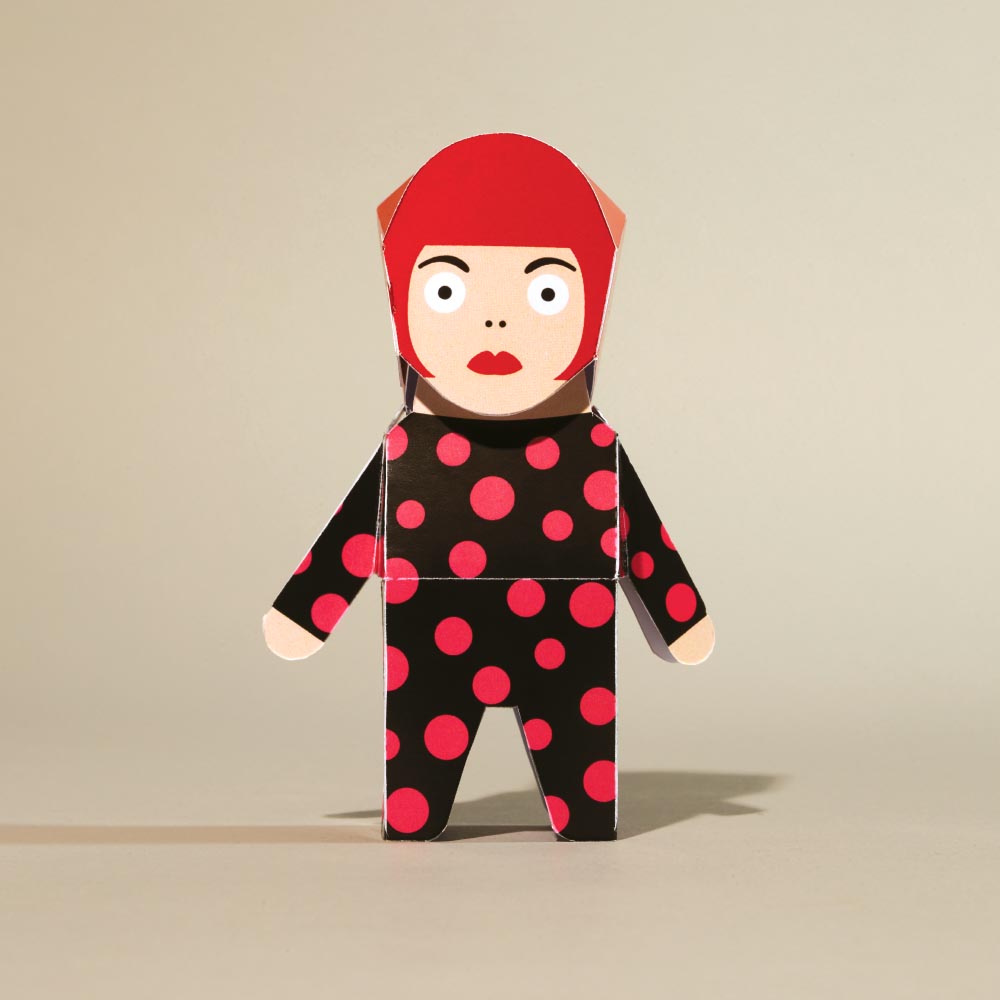Have you ever met someone whose name seems to match their personality or livelihood perfectly? Perhaps you’ve had a tooth pulled by a dentist called Dr Molar or you were taught to play the guitar by a teacher named Mr Bass. Nominative determinism is the idea that names play a significant role in shaping key aspects of our jobs, professions or personalities. With so many famous examples of the theory at play, it does start to make you wonder – is there more to a name than meets the eye?
What’s in a name?
When choosing a name for a fictional character, it makes sense that you might use it to hint at their personality or character traits. After all, when we named William Shakes-Feet, we had visions of people wearing the socks, shaking their toes from side to side as if they were dancing at a masquerade ball. However, instances of this curious phenomenon occur in the real world, too. Just think of Usain Bolt sprinting his way to three gold medals in 2008. It seemed like he’d fulfilled the destiny of his surname – lightning-fast speed. It’s no wonder he quickly adopted the lightning bolt as his victory pose.
Nominative determinism: Funny examples
One of the most famous and best examples of nominative determinism at play is the legacy of Thomas Crapper. While it’s often believed that the modern use of the word ‘crap’ to mean toilet waste was the (unfortunate) result of Crapper naming his plumbing business after himself, the word actually stems from Middle English and may be derived from the Dutch word ‘Krappen’ – in other words, it predates the inventor. According to an article in the HuffPost, the word even appears in a poem published in 1801. So, when Thomas Crapper was busy dreaming up ways to improve the toilet cistern, was he subconsciously being driven by his surname? And what about poet William Wordsworth or the Australian tennis player Margaret Court? Did these individuals excel in their fields because of their names?
Sounds great in theory
The idea that our names have influence over our lives isn't entirely new. In fact, in Ancient Rome, they believed in the concept of ‘nomen est omen’ (the name is a sign). The term nominative determinism was popularised by the New Scientist in the 1990s, when writer John Hoyland noticed there was a pattern of authors' names matching their fields of study, highlighting a paper on incontinence written by J.W. Splatt and D. Weedon. Since then, people the world over have been inspired to take note of hilarious sightings of nominative determinism in action – one very recent example being Phil McCann delivering a BBC report on the UK’s petrol crisis.
Are we really that vain?
Why would our names hold so much power over our destinies? Egotism offers one explanation. It’s the theory that people are subconsciously drawn to things that resemble themselves. For example, people named Dennis or Denise are disproportionately likely to become dentists, and those named Lawrence or Lauren tend to become lawyers. There’s even some research that suggests the first letter of your first name may influence your career choices.
Not everyone called Bolt runs like lightning
On the other hand, critics of nominative determinism argue that any of the observed patterns are purely coincidental and not statistically significant when considering the vast number of names and professions. Confirmation bias means we tend to remember the hits (Usain Bolt) and forget the misses (people named Bolt who aren't sprinters). To add to the complexity, cultural and linguistic differences play a huge role in names and how they are perceived. In other words, a name that seems fitting in one language might have a different meaning in another.
Playing the name game
Are our names really ‘a sign’, or are any perceived connections purely coincidental? Whether you’re a believer or a sceptic, looking for instances of nominative determinism in the names you see day-to-day can be a fun way to experience more humour in the world around you. If you’re keen to play the name game, keep an eye out for the following:
Occupational names:
Does your local baker have a fitting name? Are there any gardeners named Green?
Research papers:
Check authors' names to see if there are any uncanny matches with their study topics.
Everyday life:
Your doctor, your child's teacher, or even your favourite pair of socks might have names that hint at their destinies.
A playful lens with which to view the world
Whether you’re passing your surname down to your child or dreaming up names for novelty socks, it can be fun to think about how much influence these decisions may have. Next time you meet someone with a fitting name, take a moment to ponder - is it just a name, or is it destiny? If you’ve enjoyed this playful guide to nominative determinism, why not share your own experiences with us on Facebook? Who knows, you might discover that your life is more aligned with your name than you realised!
ChattyFeet socks bring fun moments into your day with illustrated sock characters. Browse of collection of funny socks and choose a pair to match your name & personality.














